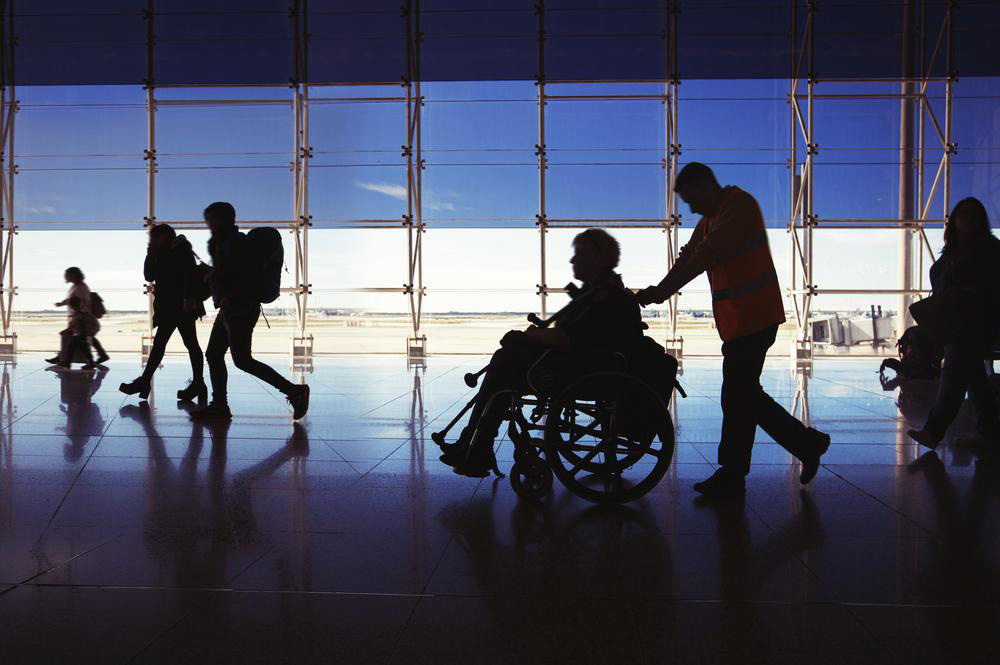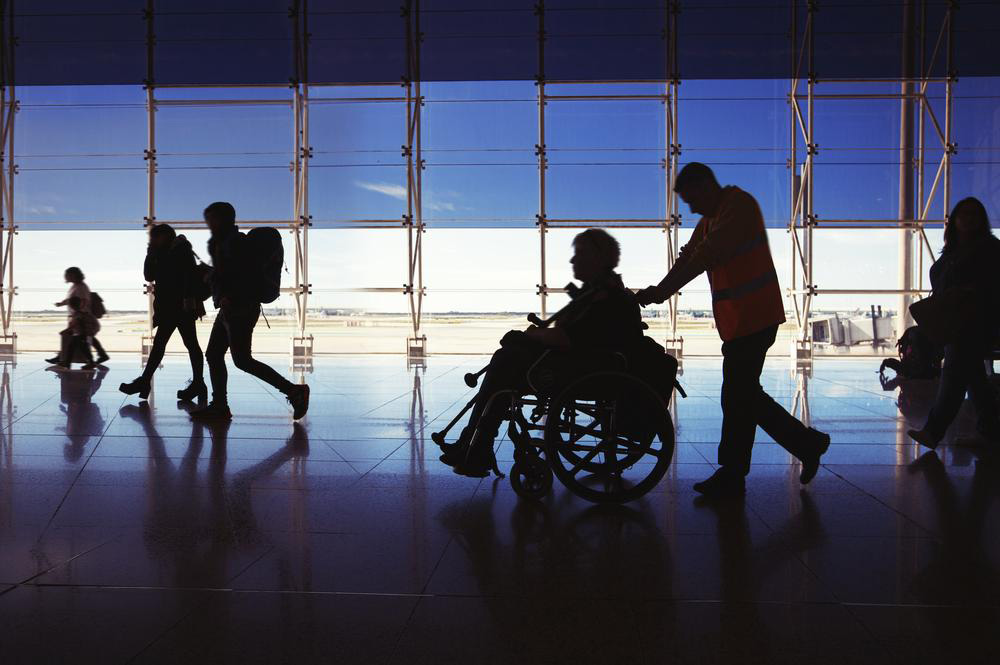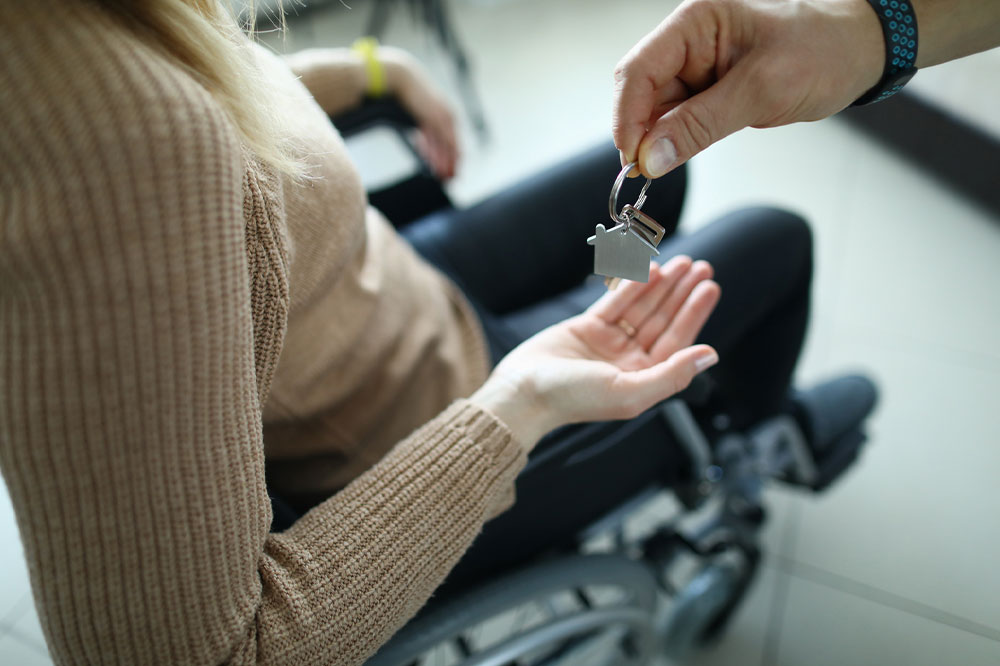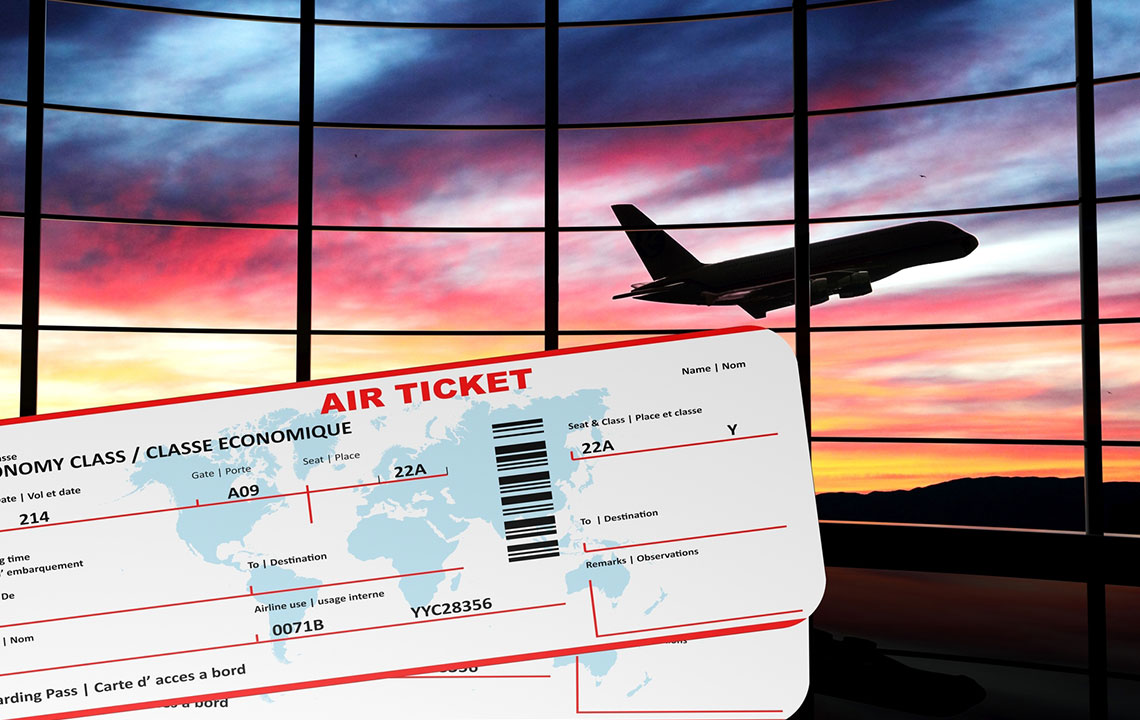Comprehensive Guide to Air Travel for Passengers with Disabilities
This comprehensive guide offers essential tips for passengers with disabilities to navigate air travel smoothly. From booking assistance and medical needs to airport procedures and onboard comfort, learn how to ensure a safe and comfortable flying experience with proper preparation and airline coordination.

Essential Air Travel Tips for Passengers with Disabilities
Traveling by air can be an efficient and convenient way for long-distance journeys, especially for passengers with disabilities. While flying can present certain challenges, proper preparation and awareness of available services can greatly improve the experience. Ensuring that your chosen airline offers the necessary accommodations and accessibility options is crucial before booking your flight. This detailed guide covers all essential aspects, from booking assistance to onboard comfort, to help passengers with disabilities enjoy smoother and safer air travel.
Understanding Seating Arrangements and Comfort
One of the most critical considerations for travelers with disabilities is seating. It’s important to confirm with your airline that accessible and comfortable seating options are available at both the departure and arrival airports. Many airlines, such as United Airlines, provide designated seats equipped to accommodate mobility devices or medical equipment. When booking your flight, communicate your specific needs well in advance. This may include requests for aisle seats, extra legroom, or special brackets for mobility aids. Ensuring accessibility during boarding and disembarking can significantly reduce stress and physical strain.
Pre-Flight Notifications and Medical Support
Many disabilities require travelers to inform airlines prior to the flight to coordinate special services. Whether you need oxygen tanks, wheelchair assistance, or other medical support, notifying the airline early provides ample time for them to prepare. Review your airline’s policies on medical assistance, as procedures can vary. Some airlines may require a medical certificate or documentation to verify your needs, while others might have specific forms to fill out during booking. Early notification ensures that necessary medical equipment is available onboard and that staff are prepared to assist you throughout the journey.
Arranging for Caregivers and Assistance Companions
If traveling with a caregiver or companion, it’s important to verify that they will be seated close to you. Most major airlines, including United Airlines, accommodate such requests, often at no additional charge. This ensures that your caregiver can assist you during boarding, in-flight, and upon arrival. For independent travelers with disabilities, check whether a medical certification or additional documentation is required to travel without an attendant. Understanding these policies helps streamline your travel arrangements and provides peace of mind.
Airport Assistance and Navigating Security
Upon reaching the airport, the availability of assistance services greatly impacts the smoothness of your journey. Most airlines provide wheelchair services and trained staff to help navigate complex airport procedures like security checks, customs, and boarding gates. It’s advisable to request airport assistance at the time of booking or check-in. Specialized equipment such as accessible ramps, priority security screening, and designated assistance personnel can help ease congestion and reduce waiting times. Ensure that airport staff are informed of your needs and that any assistive devices or medical equipment are handled carefully and efficiently throughout airport transitions.
Onboard Support and Comfort
Once onboard, your comfort and safety should be prioritized. Confirm that the airline offers disability-friendly seats that accommodate your mobility devices or medical needs. Many airlines provide personalized safety briefings for travelers with disabilities and are trained to assist during emergencies. It’s helpful to inquire whether staff can assist with stowing or retrieving mobility aids, and whether special meal options or other accommodations are available. Sharing your needs in advance will facilitate better service, ensuring that your flight is as comfortable and stress-free as possible.
By understanding the available services, communicating your needs early, and preparing in advance, travelers with disabilities can significantly improve their air travel experience. With proper planning, flying can be a safe, comfortable, and empowering way to explore new destinations and visit loved ones. Always check with your airline ahead of time and review their policies on disability assistance to ensure a seamless journey from start to finish.




